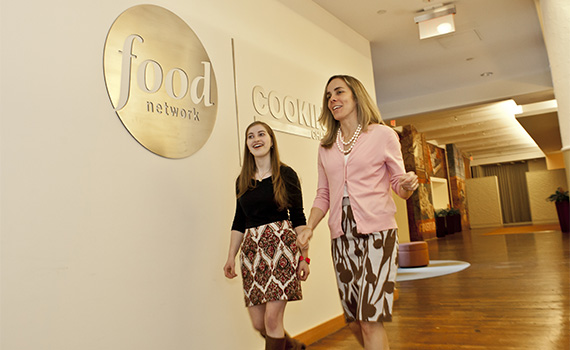
║¼ą▀▓▌┤½├Į alumni give students an important leg up in the business world.
Behind only California Institute of Technology and ahead of MIT, Stanford, Harvard, Princeton, Yale and many others, ║¼ą▀▓▌┤½├Į today was ranked second-highest among four-year schools for ŌĆ£value-addedŌĆØ with respect to mid-career earnings.
from the Brookings Metropolitan Policy Program, titled Beyond College Rankings, a Value-Added Approach to Assessing Two- and Four-Year Schools, is the first to study a broad array of colleges on economic outcomes for graduates, using a blend of government and private data sources, including Linkedin and PayScale.
It also factors in seven quality metrics: Curriculum value, percent graduating in a STEM field, alumni skills, graduation rate, retention rate, aid per student, and instructional staff.
Read for a summary of the report and the list of the ŌĆ£10 universities that will increase your career earnings the most.ŌĆØ
According to , ŌĆ£Brookings characterizes the unobservable reasons why an institution might provide a large value-added boost to its graduates as ŌĆśx factors,ŌĆÖ and attributes 59 percent of ║¼ą▀▓▌┤½├ĮŌĆÖs value added to such unobserved factors.ŌĆØ
Jonathan Rothwell, lead author and a fellow at Brookings, said, ŌĆ£ItŌĆÖs not the majors that are driving their student success, and itŌĆÖs not the skills they list on r├®sum├®s. It may be they have access to great teachers; it may be that their alumni networks are strong.ŌĆØ
According to Brookings, the survey improves on conventional rankings in several ways. The survey includes a much larger number of schools; it focuses on factors that best predict measurable economic outcomes; and it attempts to isolate the effect colleges themselves have on those outcomes, above and beyond what studentsŌĆÖ backgrounds would predict.
ŌĆ£This report is serious and comprehensive,ŌĆØ said President Jeffrey Herbst. ŌĆ£The focus on outcomes makes it superior to other rankings. It measures salaries, which is important but not, of course, the whole story. The report articulates the power of our .ŌĆØ
The timing of the new survey from Brookings is attracting widespread media attention, as it comes as many families are in the final throes of weighing college admission and aid offers.
So far, ║¼ą▀▓▌┤½├Į has been mentioned by , , , , , , and .
